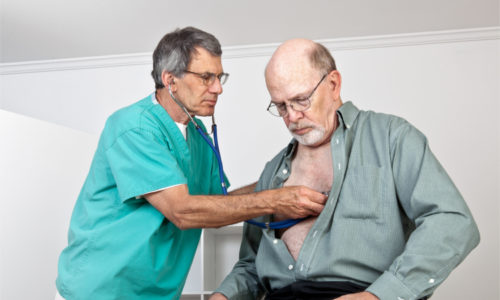Speak with our team today to discuss how you can receive compensation for lost income.
CALL 0800 083 5500

In the UK, loss of earnings compensation is awarded to individuals who are no longer able to generate their normal levels of income because of an accident, injury, or illness that wasn’t their fault.
This type of compensation is designed to provide sufficient financial support to help them sustain the kind of lifestyle they would have been able to afford, were it not for their affliction. It will form part of your overall compensation received, should your claim be successful.
When making a loss of earnings compensation claim it’s important to remember that calculating the sum you are likely to receive can be a complex process. In order to calculate the figure, the Court will need to consider various factors such as your pre-accident income, the amount of time you have been unable to work, and any future loss of income that you are likely to experience.
Other factors which could affect the amount of loss of earnings compensation you receive can include any additional expenses you have incurred because of your injury or illness (such as medical bills or transportation costs) and your age, occupation, and future employment prospects.
There are several financial deficits that can be classed as loss of earnings, including:
· Lost earnings – wages or salary
· Overtime or bonuses that you would have received had you been able to work
· Lost opportunities for promotions or career advancement
· Lost benefits such as healthcare, pension contributions or other employment perks
· Future loss of earnings, if you are likely to experience reduced earning capacity in the future
If you are unsure whether a lost employment benefit could be considered as part of your loss of earnings compensation claim, it is still best to tell your clinical negligence solicitor about it and seek advice about how best to proceed.
The amount of loss of earnings compensation can vary widely, depending on your circumstances.
It is important to note that your compensation for loss of earnings will typically be reduced if you are able to return to work – either in the same job or in a different occupation – following your accident or illness. Furthermore, if you are found to have contributed to your own injury or illness, this can also result in a reduced compensation sum.
In 2022, the average UK yearly income stood at £33,000, so it might be reasonable to assume that if you are out of work for a year through no fault of your own, you could receive loss of earnings compensation amounting to roughly this amount.
Blackwater Law personal injury solicitors represented Mr Lamont in making a personal injury claim against ASDA in relation to occupational asthma arising due to inhalation of flour dust and yeast particles.

To claim compensation for loss of earnings, you will typically need to provide evidence of the following:
· The amount of income that you were earning prior to the accident or illness
· Any time off work due to an accident or illness
· Any future loss of income that you are likely to experience
· Any additional expenses that you have incurred as a result of your injury or illness
You may need to provide documentation such as pay slips, tax returns, and medical records to support your claim. In some cases, you may also need to provide expert witness testimony from medical or vocational experts.
If you are considering making a claim for loss of earnings, it is important to seek the advice of an experienced medical negligence solicitor to help guide you through the process. Contact Blackwater Law today for initial advice and support before starting your claim.